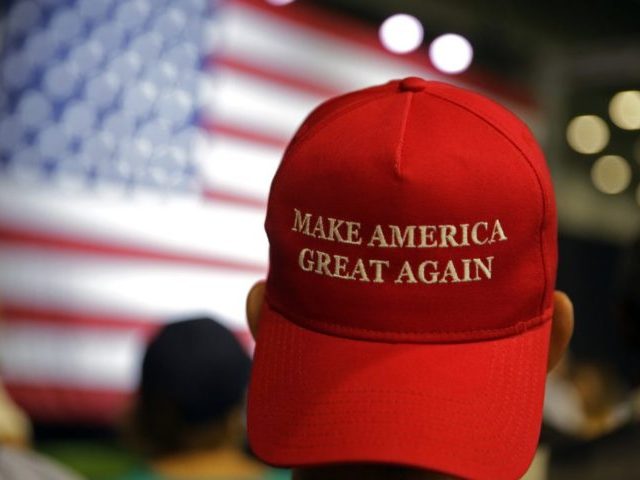The Trump Administration has proposed a foreign profits tax for large companies in their new tax plan, garnering criticism from lobbyists.
“To prevent companies from shifting profits to tax havens, the framework includes rules to protect the U.S. tax base by taxing at a reduced rate and on a global basis the foreign profits of U.S. multinational corporations,” the plan states.
In a report, Bloomberg explained that though the “rate and formula aren’t specified,” that “lone sentence carries multibillion-dollar implications for multinationals,” and “their lobbyists are noticing.”
Among them is the Federal Policy Group’s Ken Kies, who called the new proposed tax “appalling,” and has clients ranging from General Electric to Microsoft.
“The whole point of this tax reform was to make U.S. corporations more competitive,” he claimed. “It’s going to do the opposite.”
Despite this, Bloomberg explains, “It’s not all bad news for multinationals.”
“On the positive side, the framework would allow them to bring back to the U.S., or repatriate, years’ worth of foreign earnings after paying a low tax rate — perhaps 10 percent — on them,” they declared. “It’s also unclear from the brief description in the framework how the tax would work. But here’s a general idea: Congress would set a low tax rate — say 15 percent — that would serve as a minimum rate for companies on their offshore subsidiaries’ earnings.”
“Any multinational that paid more than that minimum to foreign governments wouldn’t owe the tax in the U.S. But if a company’s overseas taxes fell below the minimum — a sign that it made heavy use of tax havens — the company would pay the U.S. the difference,” Bloomberg continued.
Bloomberg notes that the “Institute on Taxation and Economic Policy reported in a 2016 study that 73 percent of Fortune 500 companies have at least one subsidiary in tax haven countries,” with the largest of those companies being Apple. The iPhone maker was ordered by the European Union to pay $14.5 billion in 2016 over an alleged tax scam.
Charlie Nash is a reporter for Breitbart Tech. You can follow him on Twitter @MrNashington and Gab @Nash, or like his page at Facebook.

COMMENTS
Please let us know if you're having issues with commenting.